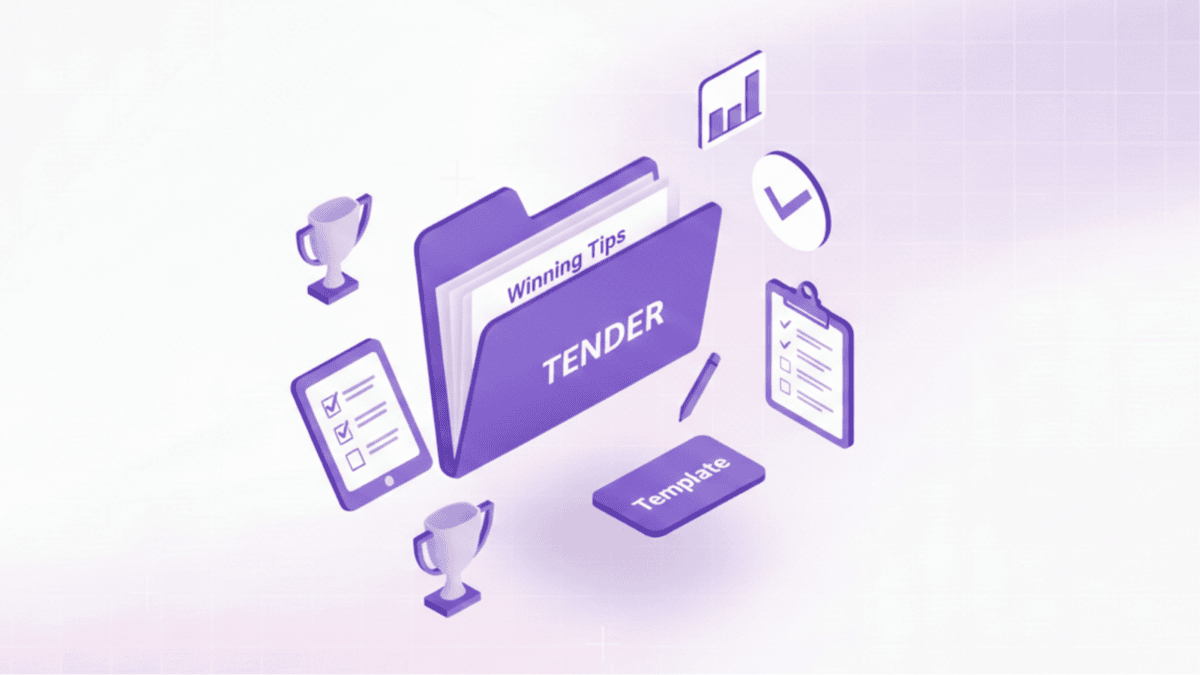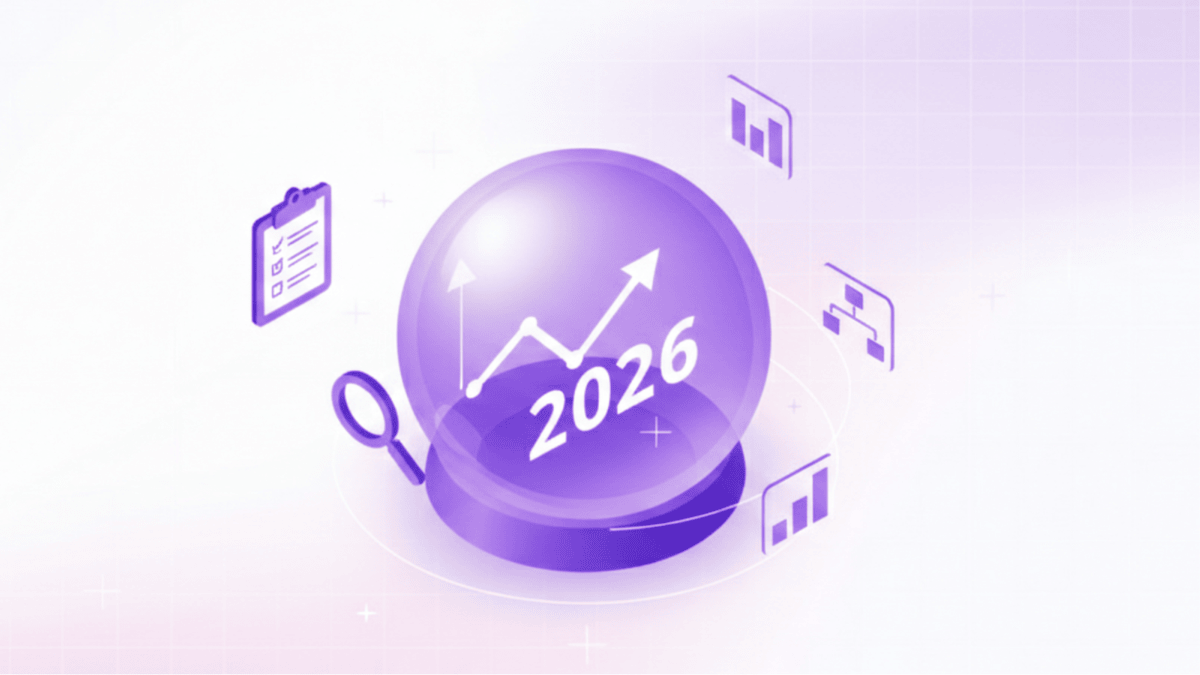A sales assistant or sales copilot is a software application designed to help your sales teams maximize productivity and close more deals. It helps your sales agents in a diverse range of sales operations from cold calling to responding to unique customer queries.
AI-powered sales assistants leverage AI technologies to take this assistance a step ahead. They use generative AI to quickly process repetitive tasks, or provide sales account executives with the most relevant answers to complex customer queries. Implementing a sales assistant for your team translates to helping sellers sell better with less stress.
However, if you aren’t sure about investing in a sales copilot, hold on. In this article, we bring you five signs that tell if your organization needs an AI sales copilot. See if you relate to any of these, and understand how AI-driven sales copilot software can make a difference for your sales account executives (AEs).
Sign 1: Repetitive tasks bog you down
It is common for AEs to be bogged down by repetitive admin tasks. This leaves them with little to no time for actual selling activities. A study with more than 7700 sales professionals across 38 countries found that sales reps spend approximately 72% of their week on non-selling activities like data entry, scheduling, and lead prioritization. This leaves only 28% of their time interacting with customers and closing deals.
How could an AI sales copilot help?
AI sales assistants automate repetitive and administrative tasks, such as logging sales data/notes or answering repetitive customer queries. This leaves more time for reps to focus on what they excel in–engaging with prospects and closing deals.
AI assistants from successful companies like Gong and Clari, also automatically sync the latest data from your CRM for the newest customer interactions, schedule follow-up tasks, and ensure thorough note-taking during meetings. Most are also smart enough to handle the initial stages of lead qualification and can even generate prioritized lists of high-quality leads for sales teams to pursue.
In fact, the book Sales Growth: Five Proven Strategies from the World’s Sales Leaders distilled interviews from more than 200 sales leaders and found that companies using AI-enabled tools for sales increase leads by over 50%, reduce call time by up to 70%, and realize cost reductions of 40 to 60%.
Sign 2: Managing prospect and customer data takes forever
Proper customer data management is a must for personalized marketing and sales strategies. Trouble arises when your sales team has to manage large volumes of customer data. It can be quite overwhelming and there’s a higher chance of errors. Moreover, poor data management is a one-way path to missed opportunities.
How could an AI sales copilot help?
With leads coming in from multiple channels and account executives managing dozens of accounts, it's easy for valuable information to slip through the cracks. AI assistants automatically capture and organize customer data from across your tech stack. They extract data from your CRM, email, calendar tools, marketing platform, and more to build detailed customer profiles.
Most AI assistants will even enrich this data with insights like the client's background or recent news mentions, and store them conveniently in databases you can access anytime. With this data nearby, sales managers can have more relevant, personalized conversations with prospective customers.
Sign 3: Poor response times are making you lose deals
Lagging response times are a big indicator that your team needs an AI assistant. Prospects nowadays expect super-fast replies to their questions and concerns. Taking too long to get back means losing the deal to a competitor.
How fast is fast enough, though? Studies show that the ideal lead response time is 5 minutes or less. Yet the average first response time is a massive 42 hours. The truth is that most sales teams struggle to maintain fast response time due to high workloads and inefficient processes.
How could an AI sales copilot help?
SiftHub, for example, can help sales staff quickly discover answers to customer queries from a centralized, connected knowledge hub that integrates with various company knowledge sources like Google Drive, Confluence, Zendesk, etc. SiftHub can even enable AEs to generate responses grounded in company knowledge to customer queries without jumping from app to app. A majority of AI sales assistants can also respond instantly to customer queries using chatbots and preset email replies.
Sign 4: You struggle with offering customers personalized responses
Generalized emails or calls that work on the one-size-fits-all approach won’t cut it in 2024. Your sales representatives must gather sufficient context about potential customers before they engage with them. The idea is to make customers believe your product is “just for them”. This is possible when varying types of customer data (demographic, behavioral, psychographic, or geographic) are available to sales teams at their fingertips, in other words, by using a sales copilot.
How could an AI sales copilot help?
AI sales copilots use intelligently collected customer data to draft compelling email narratives that strike the right tone with buyers.
With the right data at hand, your sales emails and calls can begin with, “Mr. Mike, we read about how your company recently gained funding, and I know you’re currently on the lookout for ‘experienced’ sales staff…” And that makes all the difference between a mail that is responded to versus that which is ignored.
SiftHub lets you tailor your messaging to match your client’s industry, region, and more. It brings together different data from across your organization to ensure your responses are effective and relevant to each customer conversation.
Sign 5: You face a high employee burnout rate with an imbalance sales to pre-sales ratio
The most concerning sign that your sales team needs an AI assistant is an imbalance in the ratio of sales representatives to solutions engineers. Often the subject matter experts, solutions engineers (SEs) demonstrate the technical value and applicability of your product or service and are key players in collaboration between the sales and product teams to ensure a deal’s success.
If your AEs outnumber your solutions engineers, it leads to an overwhelming workload for the SEs and hampers smooth collaboration between these two teams. They find themselves constantly juggling product demonstrations, answering technical questions, and creating customized solutions, all while trying to keep up with a growing sales pipeline, leading to burnout. Apart from impacting well-being, this also negatively affects the sales process, as potential customers may not receive the in-depth technical guidance they need.
How could an AI sales copilot help?
AI assistants come in handy for addressing this imbalance. They already automate routine tasks like answering common questions, providing basic product information, and scheduling demonstrations. Moreover, AI sales copilots can even empower sales reps to answer more technical queries independently thanks to their ability to generate accurate responses by accessing information across your company’s knowledge base.
With that, solutions engineers are freed up to focus on more complex, high-value activities. This improves their work-life balance and also enhances the overall customer experience. Potential buyers receive more personalized attention and support.
Going from growth at any cost to growth at no cost
If you think your team shows any or all of the signs we discussed above, it’s time to consider an AI sales copilot. Customers today are smart and are looking specifically for answers they cannot find themselves, so your sales reps must be prepared. They need to be able to respond to more technical, targeted questions while maintaining the highest levels of personalization, and not burning out.
Your sales team can do only so much without external support. That’s why you need an AI sales assistant to give your sales team the help they need. If you want to experience the difference an AI copilot can bring to your sales teams, join the SiftHub waitlist now, and see your sales team transform.










